A Gripping and Timely ‘Prayer for the French Republic’ at Theater J
Theater J's powerful "Prayer for the French Republic" strikes the right notes in its examination of identity and antisemitism.

In two very different plays currently on D.C. stages, two very different families rally around a grown son who’s been the victim of a violent hate crime. While the Castros in John Leguizamo’s The Other Americans at Arena confront anti-Latino bias in Queens, New York, the Benhamous of Joshua Harmon’s Prayer for the French Republic at Theater J face rising antisemitism in Paris.
And while both plays are set in the recent past, both sharply reflect the atmosphere of this instant, where, at least on this side of the Pond, and according to FBI statistics, hate crimes against Jews and Latinos, among other groups, are on the rise. Not coincidentally, right-wing purveyors of hate are also ascending, now in the U.S., and in the Paris of 2016 that’s depicted in Prayer.
There, Patrick Salomon (Cody Nickell), whose aging father runs the piano shop that’s been in their Jewish family for five generations, introduces us to his sister Marcelle (Danielle Skraastad), welcoming their distant American cousin Molly (Jourdan Lewanda) for an extended stay.
The play gets a big laugh from Molly, who professes she doesn’t believe in organized religion, describing herself as being “of Jewish extraction.” The joke zings, and yet, Patrick admits that he’s also distanced himself from his Jewish identity, as a means of passing in French society.
Anxiously watching the rise of Marine Le Pen’s right-wing National Front, he’s annoyed that Marcelle, who once shared his point of view about downplaying their Jewish heritage, has re-embraced Jewish traditions and spirituality, inspired by her husband Charles Benhamou (Ariel Eliaz).
The family’s spiritual devotion seems to have skipped their 28-year-old daughter Elodie (Dani Stoller), who sulks around in a Joy Division tee and sweatpants, but son Daniel (Ethan J. Miller) teaches at Hebrew school and proudly wears his identity on his sleeve, and on his head. That is, until he comes home beaten up and bruised, and not for the first time.
Harmon uses the incident as a trigger for the play to trace back, across three acts, the Salomon family’s history of facing anti-Jewish hatred in France, be it perpetrated by racist punks or the Nazi party. For generations, they and their parents and grandparents and great-grandparents have been forced to ask, is this nation a safe home for us, has it ever been?
“Where is safe?” Marcelle demands to know, angrily responding to news of a Jewish woman having been murdered in her apartment. For Marcelle, it’s a show of uncharacteristically outsized emotion that Skraastad builds towards beautifully, dissolving Marcelle’s otherwise so-composed demeanor. As her sardonic sibling, Nickell conveys Patrick’s wit and confidence despite his timid choice to blend in and bury his identity.
Nickell’s narration also serves the production well, breathing life into stories of the Salomon’s past, and their dense family history. The play proceeds as an elegant dance between the past and present, scenes shifting from the Salomon’s in the 1940s to the Benhamou’s in 2016, the action and transitions all smoothly staged by director Hayley Finn.
Housing both eras, Misha Kachman’s apartment set is too lightly dressed to express much character, but it serves as a sturdy representation of the foothold the Salomons have tried to establish in France since family forebears Irma (Brigid Cleary) and Adolphe (Stephen Patrick Martin) hid out in their apartment during World War II.
Now, their descendant Daniel, well-played by Miller, must consider whether he should stay or leave the country for good. He’s already been reduced to concealing his “visible signs of Jewishness.”
Daniel’s dad, Charles, says he can’t take any more of living in fear for his life in France. So he’s ready to move to Israel. That’s both a punchline and a reinforcement of his argument. It’s the suitcase or the coffin, Charles insists, and history offers too many examples to back him up, including the Salomons’ own tremendous losses suffered during the Holocaust.
The script imparts pivotal Jewish history, recalling massacres during the People’s Crusades, and the St. Valentine’s Day pogrom of Jews in 14th-century Strasbourg. We’re told that the Salomon’s ancestors fled Strasbourg, intent on remaining French.
Should the Benhamous also remain in France, they’d continue a proud line of Jewish defiance, but may do so at the cost of their sense of security and belonging. And the truth is, hate crime happens in every nation. Where could they ever feel completely safe?
Prayer for the French Republic (★★★★☆) runs through Nov. 24, at Theater J, 1529 16th St. NW. Tickets are $49.99 to $69.99. Call 202-777-3210, or visit www.theaterj.org.
Support Metro Weekly’s Journalism
These are challenging times for news organizations. And yet it’s crucial we stay active and provide vital resources and information to both our local readers and the world. So won’t you please take a moment and consider supporting Metro Weekly with a membership? For as little as $5 a month, you can help ensure Metro Weekly magazine and MetroWeekly.com remain free, viable resources as we provide the best, most diverse, culturally-resonant LGBTQ coverage in both the D.C. region and around the world. Memberships come with exclusive perks and discounts, your own personal digital delivery of each week’s magazine (and an archive), access to our Member's Lounge when it launches this fall, and exclusive members-only items like Metro Weekly Membership Mugs and Tote Bags! Check out all our membership levels here and please join us today!






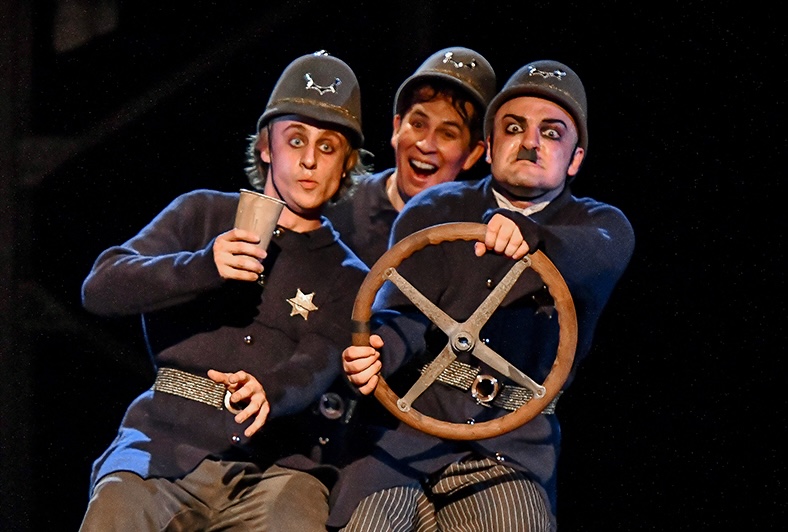
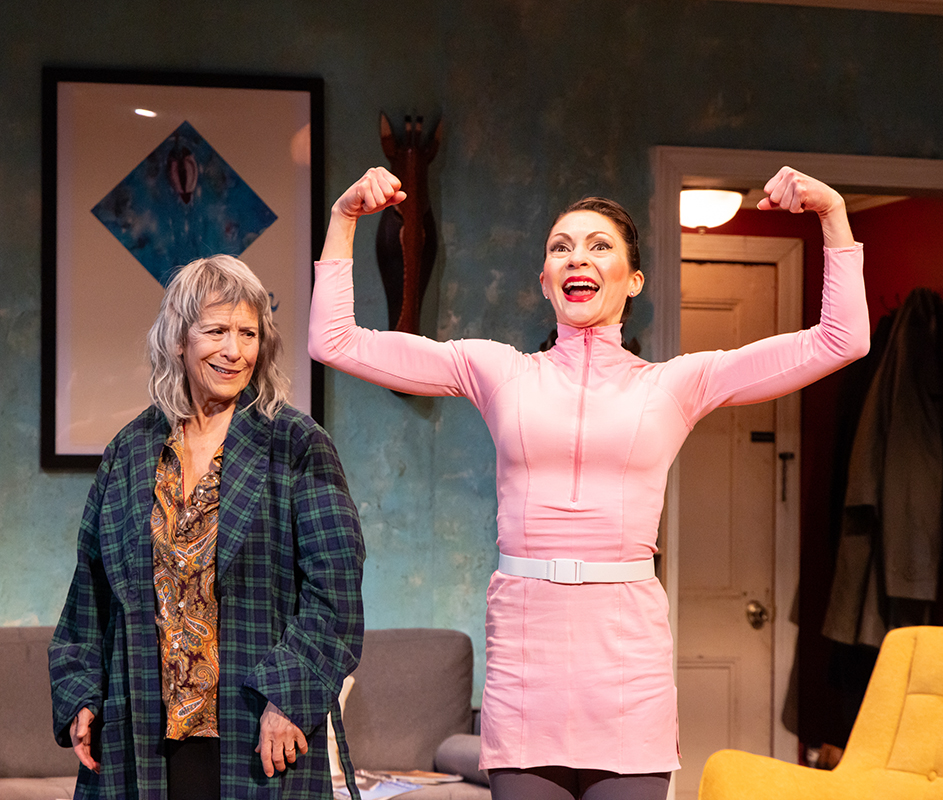















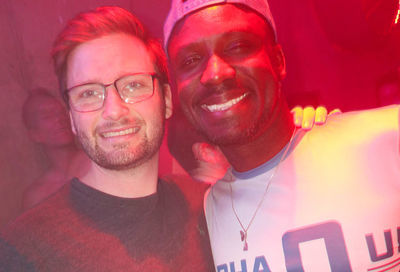
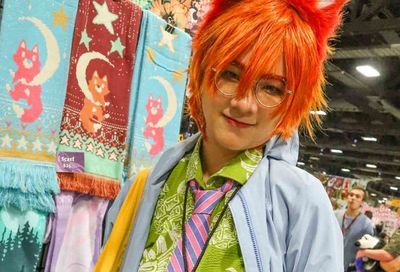
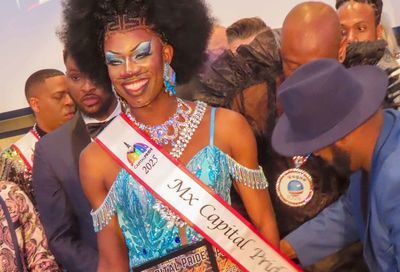
You must be logged in to post a comment.